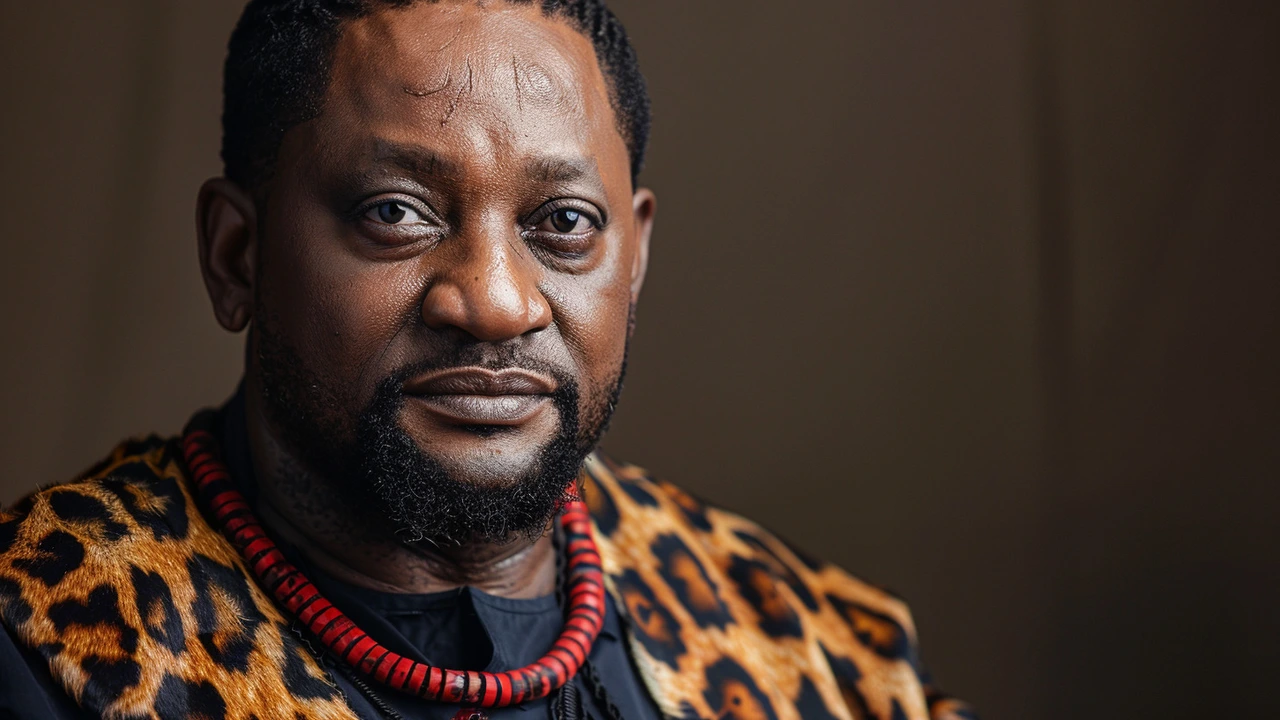Understand Ingonyama Trust and Its Role in South Africa
If you’ve heard of the Ingonyama Trust but aren’t quite sure what it does, you’re not alone. It’s a big topic in South Africa, especially concerning land management and rights within the Zulu nation. The Ingonyama Trust holds land on behalf of the Zulu people under South African law. It controls about 2.8 million hectares of land in KwaZulu-Natal, mainly rural areas traditionally owned by the Zulu community.
What Is the Ingonyama Trust Board?
The trust is managed by the Ingonyama Trust Board, which acts on behalf of the Zulu King. This board oversees how the land is used and allocated, aiming to benefit the local communities. Since the trust holds communal land, individuals don’t own property in the traditional sense. Instead, residents live on land that the board manages, which can sometimes lead to debates about rights and development opportunities.
Why Does the Ingonyama Trust Matter?
Understanding the Ingonyama Trust is key because it impacts farming, housing, and even local governance. It plays a huge role in sustaining cultural traditions connected to land, but also influences economic growth and investment in the region. Some people praise the trust for protecting indigenous land from being taken over, while others argue it makes land development slower or more complicated.
In short, the Ingonyama Trust is more than just a landowner. It’s a critical part of how the Zulu community manages its heritage and resources today. Knowing this helps if you want to understand land issues and community development in KwaZulu-Natal or South Africa as a whole.

AmaZulu King's Alleged Misuse of Ingonyama Trust Funds Faces Court Scrutiny
King Misuzulu kaZwelithini of the AmaZulu faces legal scrutiny over the alleged misuse of Ingonyama Trust funds for personal expenses. His uncle, Prince Mbonisi, has taken the matter to court, arguing the funds should not be used for personal needs. Despite claims from the King's lawyers that the case is not urgent, the KwaZulu-Natal High Court has decided to proceed with the matter.
© 2026. All rights reserved.